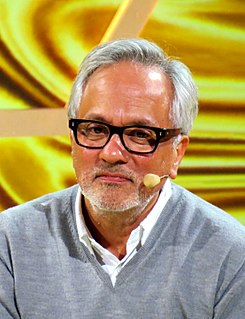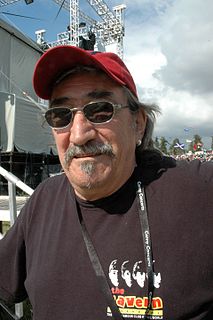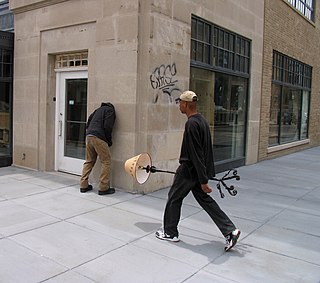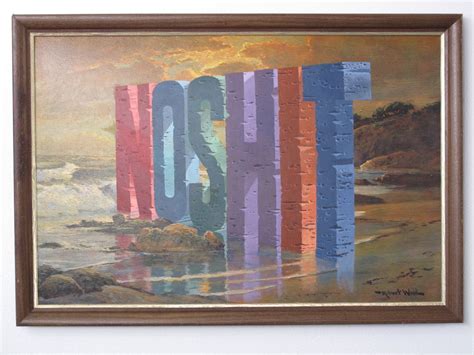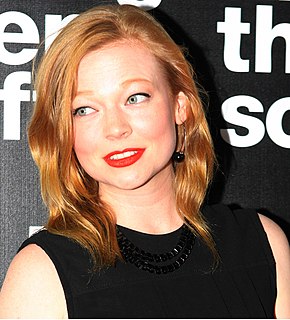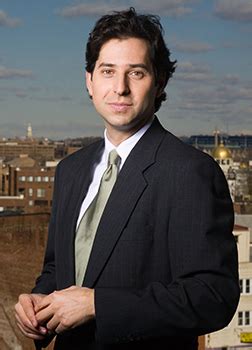A Quote by Anish Kapoor
If sculpture can really deal with the body, because we all inhabit ourselves, and if sculpture can really do that, which it is supposed to be able to do, and through it ask questions, philosophical questions, about being, I think these are all things we work on, all of us in our different ways, so perhaps somewhere in there, there are moments where dumb objects can speak.
Related Quotes
Quite early on, and certainly since I started writing, I found that philosophical questions occupied me more than any other kind. I hadn't really thought of them as being philosophical questions, but one rapidly comes to an understanding that philosophy's only really about two questions: 'What is true?' and 'What is good?'
You can imagine over very long timescales, perhaps far beyond the multi-decade time scale, we might be able to ask very deep questions about why we feel the way we feel about things, or why we think of ourselves in certain ways - questions that have been in the realm of psychology and philosophy but have been very difficult to get a firm mechanistic laws-of-physics grasp on.
Once I have the finished sculpture, I’ll put it out on the street or in nature or somewhere where it interacts with the environment. Really it’s kind of the idea of turning the street into a stage and this sort of urban theater has a life of its own. If you have creative drive, and you need to manifest it, then you need some sort of medium to do that through. For me, it worked out with sculpture, and tape just is a means of doing sculpture.
The cool thing about Watchmen is it has this really complicated question that it asks, which is: who polices the police or who governs the government? Who does God pray to? Those are pretty deep questions but also pretty fun questions. Kind of exciting. It tries to subvert the superhero genre by giving you these big questions, moral questions. Why do you think you're on a fun ride? Suddenly you're like how am I supposed to feel about that?
If you don't put the spiritual and religious dimension into our political conversation, you won't be asking the really big and important question. If you don't bring in values and religion, you'll be asking superficial questions. What is life all about? What is our relationship to God? These are the important questions. What is our obligation to one another and community? If we don't ask those questions, the residual questions that we're asking aren't as interesting.
I think it's very important to be able to hear from our public leaders in ways that they can't entirely orchestrate, seeing them speak live and unscripted and take questions that they themselves haven't arranged ahead of time. I think this is a way in which citizens who are deciding what they think of their leaders who govern in their name, this is one of the ways in which they can evaluate how they feel about the quality of the leadership.
It's always interesting to me when one platform of media crosses into another. We've been on the Terry Gross show Fresh Air a couple of times, and I suddenly felt like we could actually represent ourselves as exactly who we are, in this sort of ultra-vivid way. But the weird thing to me is that the questions she asks are in some ways no different than the questions the guy from the high-school paper asks. She might even ask us where we got our name. But something about it, it's like the pH balance of the trajectory of the questions. Maybe it's just her voice.
